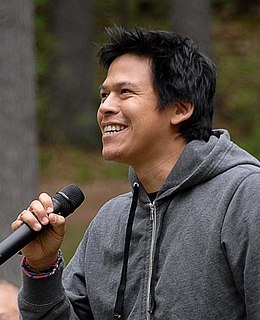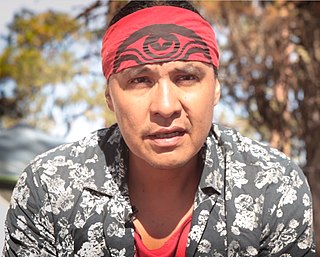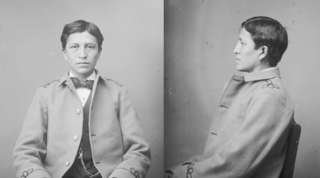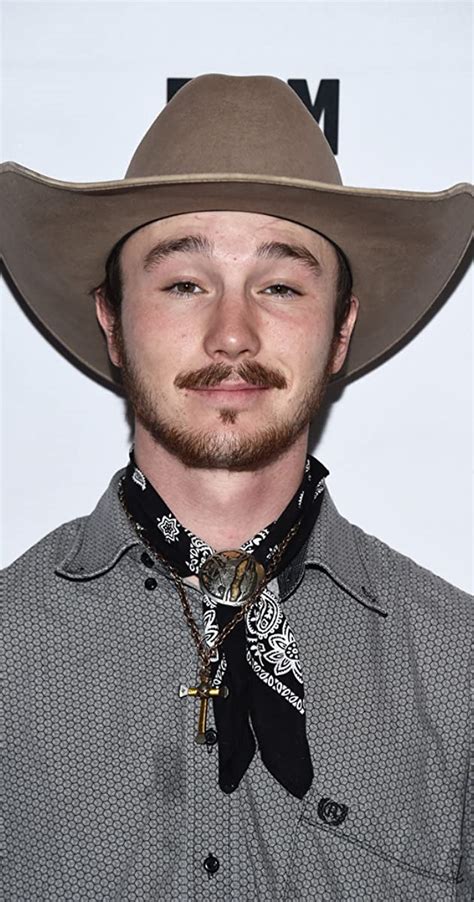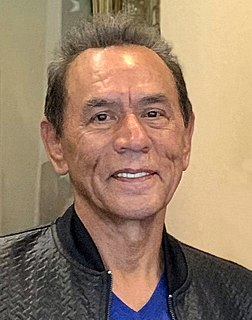Top 16 Lakota Quotes & Sayings
Explore popular Lakota quotes.
Last updated on April 14, 2025.
College was an experience I'll always cherish. Now I fund a scholarship at my alma mater in my late father's name-he'd laugh to know that it's a science scholarship, when I can barely do math! I also fund a nursing scholarship at the Oglala Lakota College in Kyle, South Dakota, in the name of my mother, who was a nurse.
When the Lakota leader Sitting Bull was asked by a white reporter why his people loved and respected him, Sitting Bull replied by asking if it was not true that among white people a man is respected because he has many horses, many houses? When the reporter replied that was indeed true, Sitting Bull then said that his people respected him because he kept nothing for himself.
What does kiciciyapi mitawa mean?" He kept his head on her breasts. "What?" "You called me kicicyapi mitawa. It sounded so beautiful. It wasn't Japanese. What was it?" "It's the voice of the Lakota. It would sound silly in English." He cupped her breast, his fingers moving lightly over her skin. His breath warm on her heart. "I want to know. It didn't sound silly when you said it. It sounded...beautiful. It made me feel beautiful. And loved." He kissed her breast. "I called you my heart. And you are.
There are probably 400 to 500 people, water protectors, north of the 1889 boundary, that was the result of an illegal annexation of treaty territory by the United States against not just the Standing Rock Nation, but the entire Lakota Nation and members of the Great Sioux Nation, the Oceti Sakowin. And so, other tribal governments are weighing in and supporting a fight on the ground, as they have a right to do.
Conversation was never begun at once, nor in a hurried manner. No one was quick with a question, no matter how important, and no one was pressed for an answer. A pause giving time for thought was the truly courteous way of beginning and conducting a conversation. Silence was meaningful with the Lakota, and his granting a space of silence to the speech-maker and his own moment of silence before talking was done in the practice of true politeness and regard for the rule that, "thought comes before speech."
Kinship with all creatures of the earth, sky and water was a real and active principle. In the animal and bird world there existed a brotherly feeling that kept the Lakota safe among them. And so close did some of the Lakotas come to their feathered and furred friends that in true brotherhood they spoke a common tongue.




